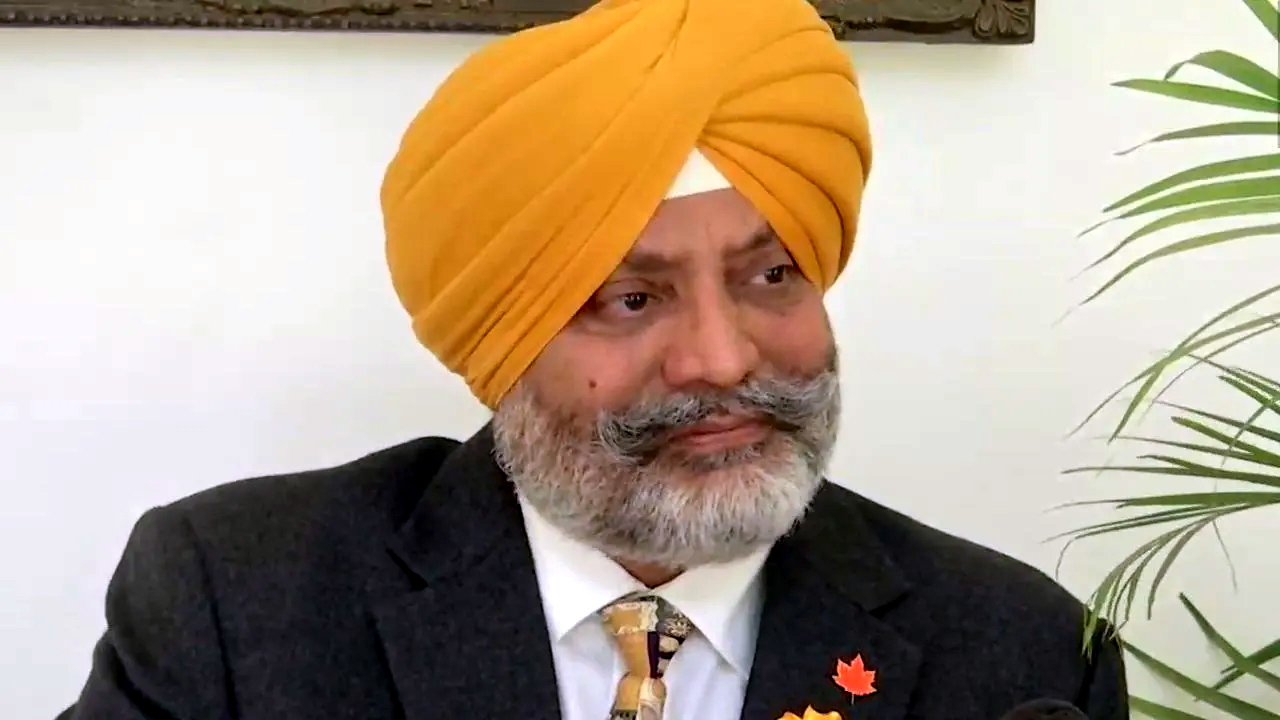New Delhi, Feb 25: Within 10 days of the Pulwama attack of February 14, 2019, in which 40 CRPF troopers had lost their lives, Indian security forces averted another similar suicide attack by killing three terrorists, including two Pakistanis, reveals the book ‘Kitne Ghazi Aaye, Kitne Ghazi Gaye’ authored by former Chinar Corps Commander Lt General KJS Dhillon (retd).
In the book, Dhillon writes that many people are not aware about a similar suicide attack which had been planned in February 2019 itself where a potential suicide bomber terrorist had made a video showcasing, explosives and other weaponry to indicate his intentions.
The main attack had taken place on 14 February 2019 when is a suicide, a bomber rammed his vehicle into a CRPF convoy bus in which 40 personnel lost their lives and many others were injured.
“However, when intelligence and other agencies intercepted information about the plans of this operation, they moved in instantly to neutralize the module urgently,” Dhillon writes.
The former Chinar Corps commander says that after the Pulwama incident, intelligence agencies, Jammu Kashmir police and the Indian Army had intensified their operations and were highly successful in infiltrating the network of terrorist organisations like Jaish-e- Mohammed in the South Kashmir area.
He mentions that agencies were working relentlessly and gathered intelligence about the presence of this module of Jaish terrorists in the Turigam Village where they were planning the attack.
The officer credits Jammu and Kashmir police Deputy Superintendent of Police in Kulgam Aman Kumar Thakur for sharing the input about the terrorists with the local Rashtriya Rifles (RR) unit and leading the operation with his men from the front.
Dhillon says that the army and other security agencies which he refers to as Team Security Forcee planned a joint operation on the night of 24 February 2019 as they could not afford to fail in this operation as this would have allowed the terrorists to execute another suicide attack within 10 days of their success in Pulwama.
“Acting with stealth, speed and surprise the joint team was successful in trapping three. Just tell us inside the cotton soon a contact was established and heavy exchange of fire followed,” he writes.
Highlighting the camaraderie between the Jammu and Kashmir police and the Indian Army, troopers deployed in counter-terrorist operations in the Kashmir Valley, Dhillon says that during the operation, DSP Thakur saw an Indian Army soldier Baldev Ram getting hit by terrorist bullets.
Thakur disregarding his personal safety, evacuated the injured soldier to a safe location but was hit by a bullet fired by a terrorist from a concealed location.
Displaying rare courage and steely determination Thakur subsequently closed in on the terrorist and engaged him from close quarters and eliminated him in a fierce gunfight. The slain terrorist was identified as Noman, a resident of Pakistan belonging to the Jaish-e-Mohammed terrorist group.
He also mentions the gallantry shown by Naib Subedar Sombir of 34 RR who killed Osama, a Pakistani terrorist in a close gun battle and sacrificed his life for the country.
Both DSP Thakur and Naib Subedar Sombir were awarded the Shaurya Chakra for their indomitable spirit and valour sacrificing their lives in the operation.
Highlighting the importance of the success of this operation in the Turigam village area, Dhillon says that “if these terrorists had not been neutralised, 10 days after Pulwama, it would have been a huge disaster”.
Dhillon says that other people involved in the planned but filed terror attack were caught from their respective places in real time due to the alertness and perfect coordination among the security and intelligence agencies operating there. (Agencies)


